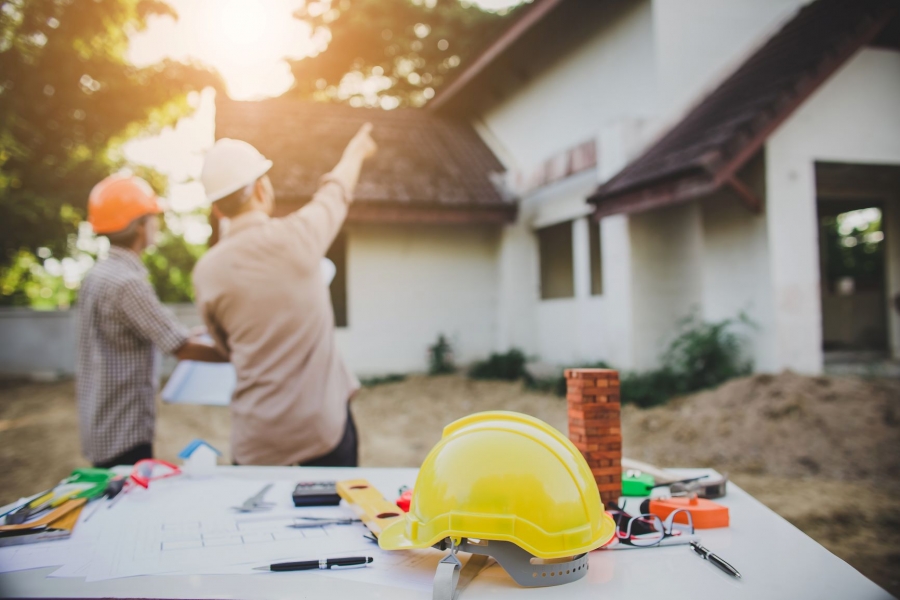There are many skills needed to renovate or build a home, which is why people tend to outsource to construction companies who can do it all for them. If you have a knack for DIY, though, you might be looking at completing your renovation or new build on your own, with nothing more than your smarts, your builder friends, and your two bare hands. If this is the case, then there are some specific skills you’re going to want to master before you take on such a big challenge.
Whether you have experience in construction or not, doing up or building your house from scratch is not going to be easy. You’ll have to deal with the design and structure, plumbing and electricity, landscaping, welding, hammering, drilling, heavy machinery, and more. If this doesn’t have you running to the nearest contractor, then by all means—let’s go!
1. Welding
Construction skills can include everything from masonry, to plumbing, to electrics. There are so many skills that go into building or renovating, but there are more specific skillsets available that could help you immensely. While you may want to outsource for things like wiring and plumbing, you can learn the skills involved in roofing, drywalling, and welding yourself.
Welding requires patients and smarts, but isn’t too difficult to master if you start with the basics. Some people try to jump ahead to the more complex stuff, but starting out with the easiest forms of welding—such as Stick welding or MIG welding—is your best bet. You can learn more about MIG welding at https://weldingheadquarters.com/what-is-mig-welding/. Essentially, MIG welding is the joining of two materials with the application of heat through an arc. It is one of the more basic methods of welding, and can be learned quite quickly. This is one of the most important skills to learn, and will come in particularly handy when fixing any structural damage or steelwork involved in your home build/renovation.
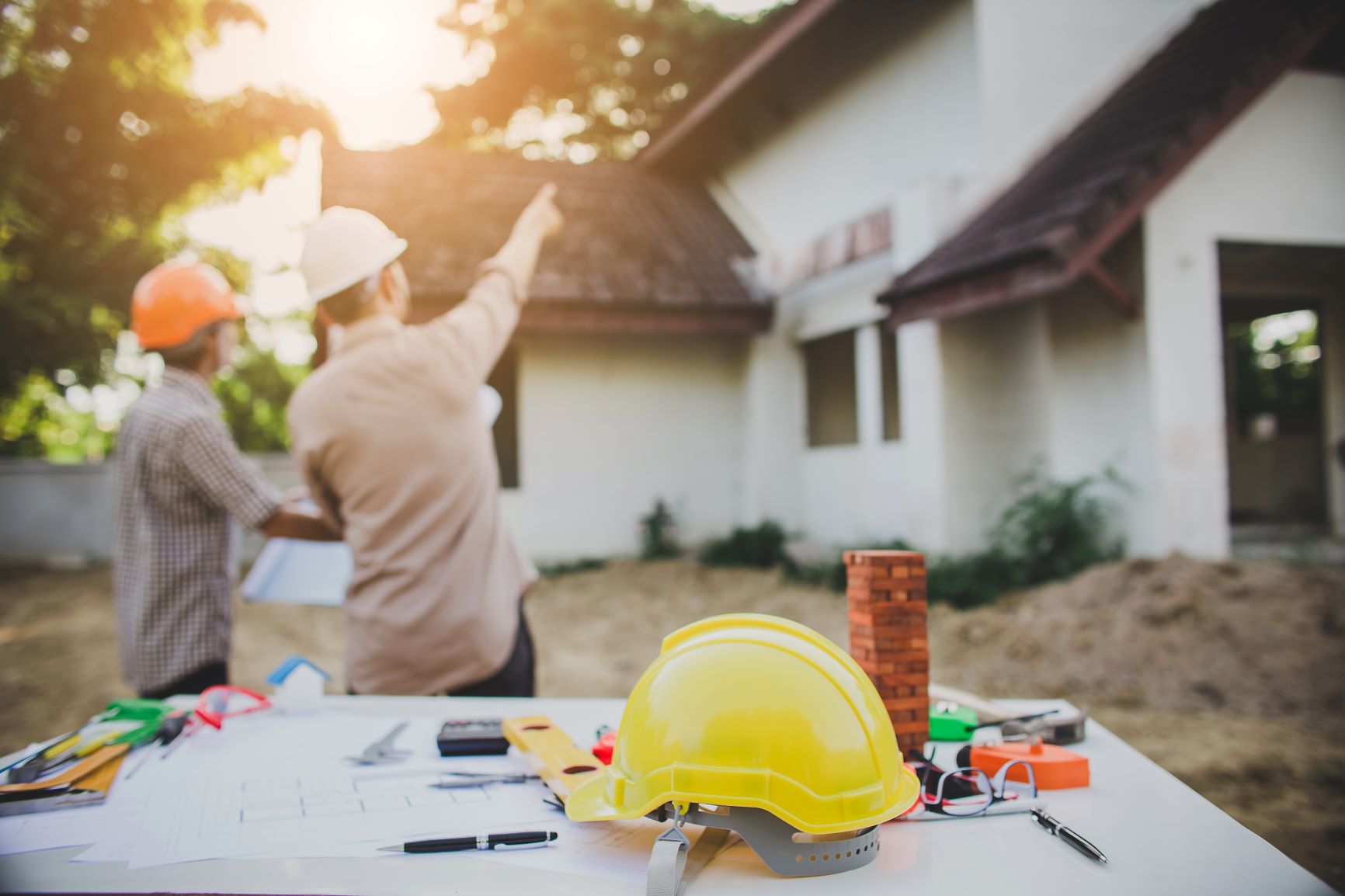
2. Masonry/carpentry
Masonry is a fundamental aspect of building. It pertains to the forming of individual units—often laid and bound together with mortar. The usual materials for masonry are building stones such as marble, limestone and granite, brick, cast stone, glass block, and concrete block. Masonry is known to be a very durable form of construction. The skills for a masonry worker include basic mathematics, understanding of blueprints, and planning; they need to be able to cut or break materials as needed, and to know how to mix grout or mortar for spreading.
Carpenters can specialize in making different things, but they primarily work with wood. The general skills needed in the construction of a house are knowing how to navigate building codes, a knowledge of lumber and other materials, a basic understanding of mathematics and geometry including the calculation of angles, and how to measure, cut, and shape wood, plastic, and other materials. The various methods include roof, floor, window and door framing and installation, and exterior and interior finishing and rigging.
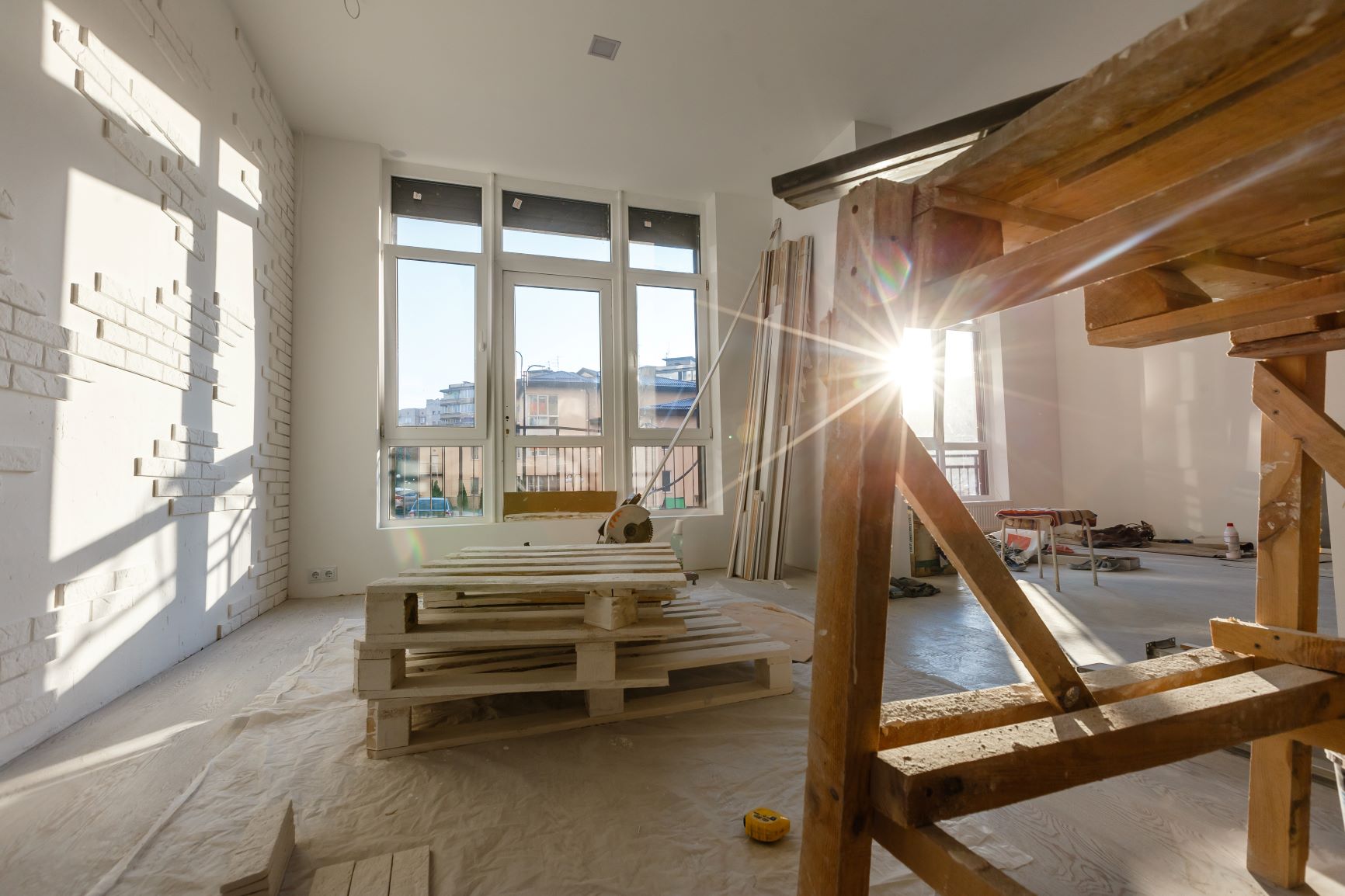
3. Concreting
Before laying the any type of concrete foundation for your house or extension, you’ll need to have all of your plumbing and any ground electrical lines installed. Pouring concrete takes experience and skill; you should have all the right tools, and know how to correctly make the concrete mixture and pour it well. You’ll have to know about what your sub-base and sub-grade are. Your carpentry skills are going to come into play when building your form, which acts as a perimeter around the pouring site. It’s also important to learn how to lay down a mesh for your concrete for support. Many of these skills intertwine with basic construction and carpentry knowledge as well.
4. Design skills
Design plays a huge role in the process of building or renovating. This is where the project begins and where it ends. If you don’t have at least a basic understanding of design elements, from drawing up plans to understanding the rules and principals of architecture, then you may run into some problems. You don’t have to become a designer or an architect yourself, but you will benefit from brushing up on the basics around such matters as: line, shape, scale, and space. You need a strong understanding of what a site analysis actually is, and the fundamentals of architecture, which are axis, symmetry, hierarchy, datum, rhythm, repetition, and transformation.
5. Flooring
Whether you’re laying the same material throughout your home or using different floorings such as carpet, tiles, or laminate, you’ll need to master some of the practical skills involved. Flooring requires patience, precision, and the ability to measure and lay in patterns. You must familiarize yourself with an array of tools, and be able to understand measurement figures, as well as what they mean regarding material and cutting. Floorers also need to understand which foundations they can and cannot lay materials onto, and to be okay with being on their hands and knees for long periods of time.
6. Drywalling
Putting up drywall isn’t as easy as the home improvement shows can make it out to be. To achieve the right texture and smooth seams on both walls and ceilings, it all comes down to practice. You’ll need to be patient with yourself, and to do as much research and training as possible. The key to getting the right finish is having a joint compound (mixture) that is about 1/8 inches thick over any seam. There are a few mistakes that you’ll want to make sure you don’t make in this process—one of which is working with a mixture that’s too thick or lumpy; if you encounter this error, simply add a small amount of water and whip it in with a mixing tool. After putting up the drywall, you should be able to sand it down correctly and to know how to create the best texture for your space.
7. Changing fixtures
You might be building a new home or renovating and old one; either way, you’ll likely be spending a fair amount of time choosing, buying, and installing fixtures such as light fittings, door handles, taps, shower heads, and more. Changing fixtures will not only require you to be familiar with certain tools such as drills, spanners, and screwdrivers, but also the basics of your bathroom’s plumbing, the laundry and kitchen fixtures, and the electricity—for your lighting fixtures.
These skills are good to have anyway for whenever your home needs fixing, as the average cost of a light fixture installation is USD$519, according to Home Advisor. You don’t need to be an expert in plumbing or electricity to change fixtures or fittings in your house; you can learn how to do this yourself, safely and easily.
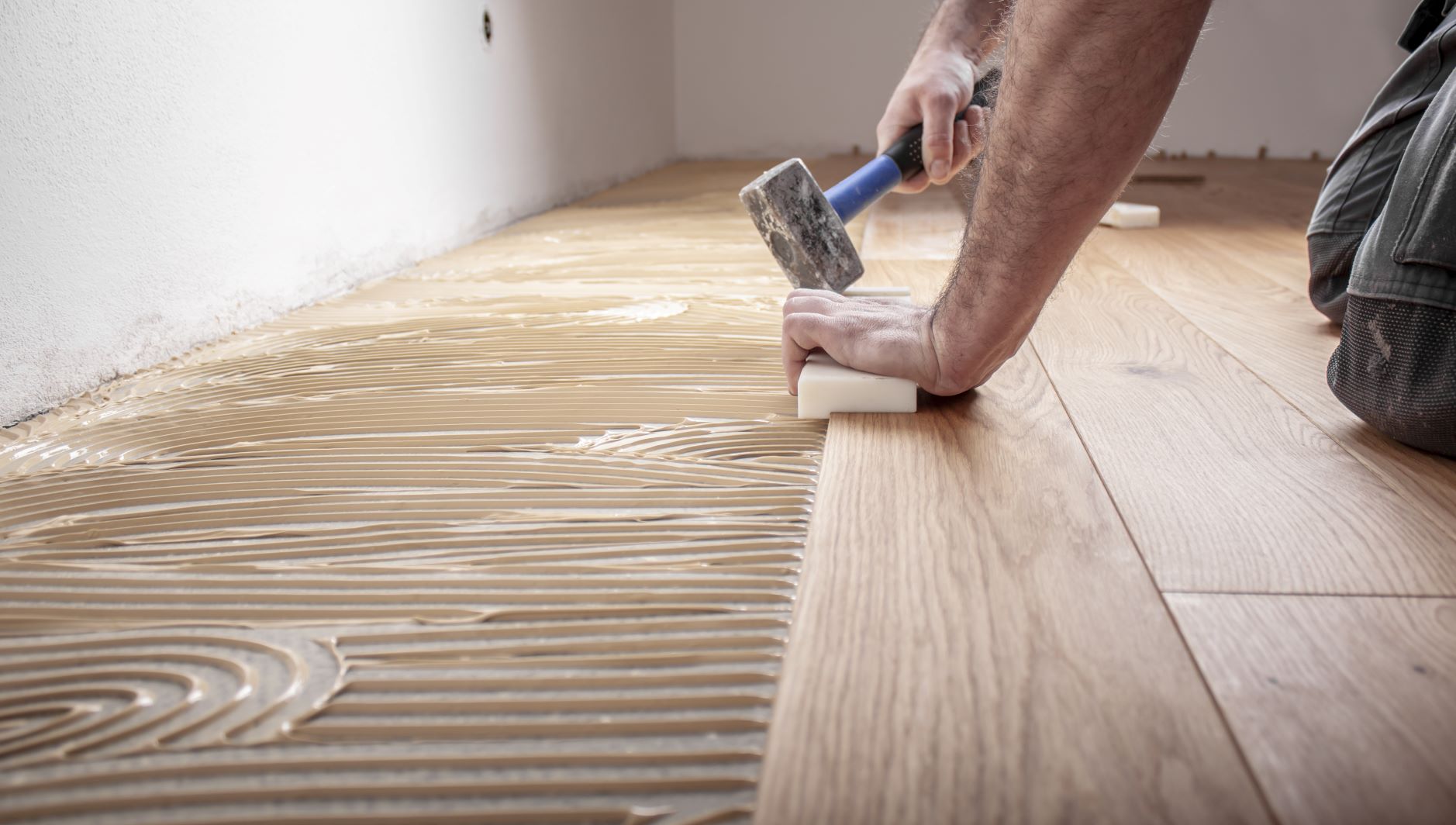
8. Painting
Painting is such a big ordeal, it’s no wonder why so many people hire companies to do the job for them. The problem with this is that you don’t have control over how the job gets done. Doing painting yourself cuts out the middleman, and gives you total control over color, time management, and detail. To do the job well, you’ll need to be familiar with mixing paint—color and contrast, and to have physical dexterity, balance, and strength to paint those hard-to-reach spaces. Like most other aspects, you need to be able to calculate the amount of paint and other materials required, such as brushes, rollers, spray-guns, and floor coverings.
Painting your house requires you to know how to clean surfaces, pay close attention to detail, and to have patience, because it can be a long process. When you’re looking at your freshly renovated kitchen or newly built home, however, it will all have been worth it.
9. Landscaping
The most basic principle of construction is understanding the land that you are building on. You might not be redoing your backyard, but it doesn’t matter, because landscapers deal with more than flower beds and laying grass. If you don’t understand the ground on which you’re working, it could lead to many critical errors that may put a halt to the entire project. Some landscaping skills include pest control, lawn and grass work, irrigation and drought management, soil management, tree and bush work, and equipment maintenance.
Before you can start working, you must have an understanding of the landscape’s needs and wants; this is made up of how you want to utilize the space – do you require more room for you children to play? Also remember to consider the shape and slope of the land.
10. Financing
Most home improvements or builds end up costing more than the initial quote or outline, but that doesn’t mean it has to break the budget completely. You’re already crossing extra labor costs off your list, which is great, but you might still want to brush up your accounting skills before you start. Having a basic financial plan or budget is only going to benefit you in this process, and is just as important as the building construction itself. Homeowners spent roughly between USD$7000 and USD$8000 on home improvements alone in 2018. This is only including things such as new furniture or painting, not bigger changes like extensions or new builds. It’s safe to say that your budget for a bigger project may reflect that.
First things first, you should determine the scope of your project and do your research, using every tool at your disposal. When you do this, make sure that you have all of the estimated costs outlined and written down. Ask professionals for quotes, and seek advice whenever you need to. Finally, you’ll need a contingency plan; no matter the project, you’ll be grateful for the backup if something goes wrong.
11. Communication
Building or renovating a house requires the same life skills that everyone needs when undertaking important projects: being able to communicate with all members of the construction team, whether that be you and your family or a hired construction crew. When it comes to buying materials, writing up blue prints, ordering bits and pieces, or allocating money in the budget, communication can be a key factor. There are so many elements to building and renovating that depend upon positive and effective communication. If you’re in charge of the project, you should make sure to liaise with all departments and elements involved.
12. Knowing when to hire someone else
There may come a time when you must put your pride aside and ask for help. Don’t be afraid to do this, as it isn’t a bad thing. Construction is a huge ordeal; whether you're doing a single room or the whole thing, you may need an expert’s hand at some point. In the long run, if you’re struggling with any aspect of the build, you’ll be glad that you sought help. Knowing when to hire help could quite possibly be the most crucial skill that you master; it isn’t always easy to admit when you can’t do something, but there are so many professional construction workers, builders, carpenters, electricians, and more who have been trained specifically to do it. If you are worried about the cost, that’s where your contingency budget comes in; factor in that 10-20% fee of the overall project which contractors usually charge. You may just need a carpenter, or welder, or something similarly niche. Don’t worry too much about calling in the cavalry; when it comes to your home and the safety of those living in it, there’s no room for mistakes or rushed jobs.
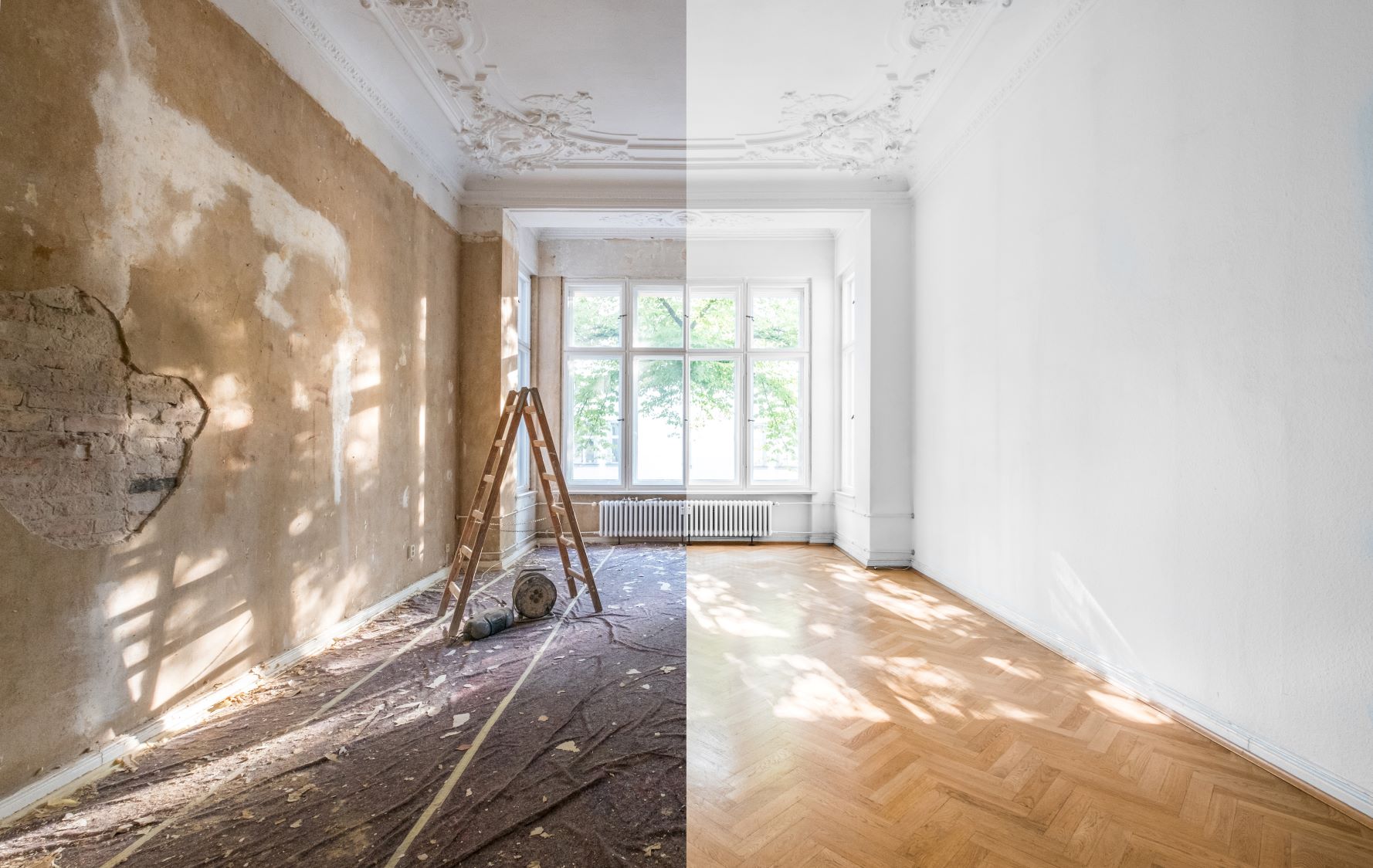
Each individual skill required to build or renovate a home comes with its own skillsets. It's clear why many people choose to leave the work in the hands of the professionals, but it’s always a good idea to have at least a basic understanding of these skills under your belt anyway. Building and renovating requires a great deal of patience and communication in those building, planning, and commissioning the project. It will be very beneficial for you to have some knowledge of construction skills, painting and masonry, measurement, design, and architecture. This way, you can stay on top of the process, prevent any issues in miscommunication from rising up, and still be a part of the process—even if you aren’t the one doing the physical building.
If you’re embarking on your construction project alone, then be sure to do your research; don’t hesitate to return to this article and brush up on your DIY skills.




